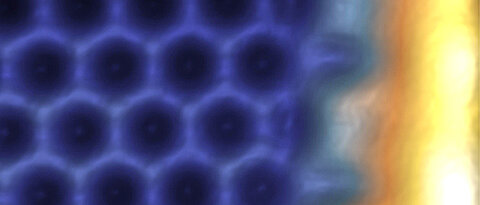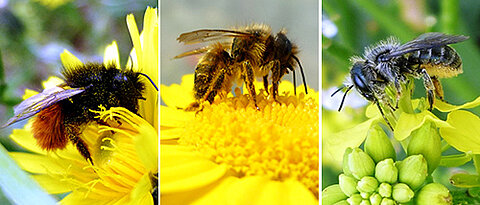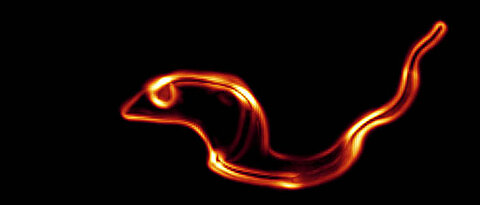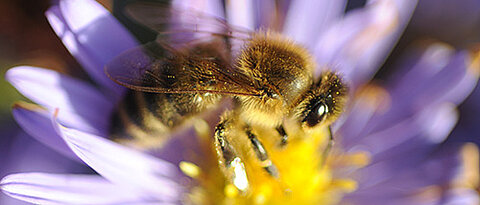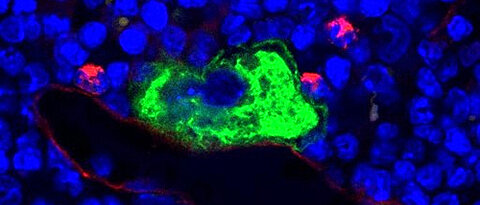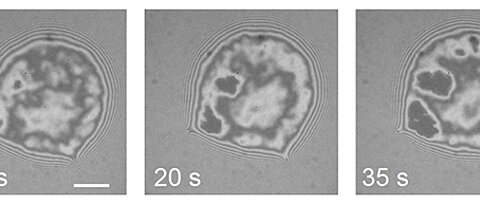From Würzburg into the world
06/30/2017
Kathrin Krause-Harder studied political science at the University of Würzburg. She worked as an office manager in the Southeast Asia studio of public-service television broadcaster ZDF. Today she lives in Singapore and works as a freelance business coach.
more

